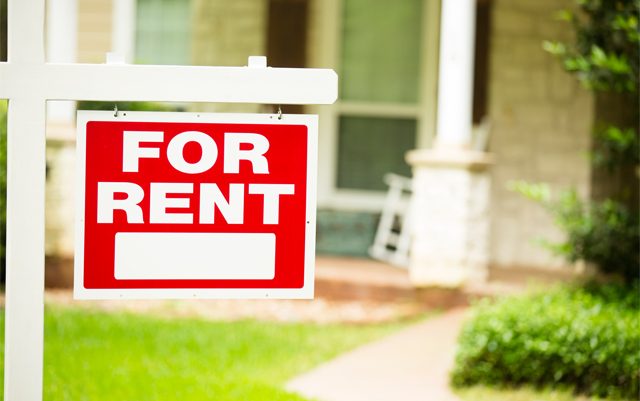Illinois recently made the bold decision to legalize cannabis – and they begin implementing the new law on January 1, 2020. With legalization right around the corner, the Chicago Housing Authority (CHA) decided it was time to remind all 63,000 households that marijuana is still illegal under federal law; therefore, it remains illegal in their homes as well. The notice sent to voucher recipients was specific – it is still grounds for termination if any tenant, household member or guest is found using or possessing marijuana. It doesn’t matter if it’s for medicinal or recreational purposes, it’s simply now allowed.
Unfortunately, this is a familiar tune for anyone who lives in subsidized housing in a state that has already legalized marijuana. It’s even more familiar for the many medical marijuana patients who have either been forced to move or have become homeless because of their choice of medicine. The sad truth is that the conflict between federal law and state law when it comes to cannabis causes a lot of problems. Most often we see people talking about difficulties with banking access and use in public places, like hotel rooms and the like.
However, one of the biggest groups of people affected that we don’t hear about often is those living in public or subsidized housing. Even with over half of the U.S. allowing medical marijuana and a handful of states that have legalized cannabis for adult use, the federal government still doesn’t seem to be backing down. That means for anyone with section 8 housing or any type of federally funded housing, medical marijuana use – or just marijuana use in general – is not permitted at home, the only place it’s often legal to consume it.
“Marijuana is sometimes the only thing that ameliorates someone’s disability because they’re allergic to certain types of medication,” said Mary Rosenberg, a staff attorney with Access Living, a civil rights organization. “It’s unfair not to allow these folks to use it essentially because they’re poor and live in subsidized housing.”
There are many states looking at adding public consumption spaces – whether it be tasting rooms in a dispensary or a lounge or something similar. This would at least provide people a place where they can consume cannabis legally if they can’t do it at home. Of course, this doesn’t change the fact that these people are being denied a right that everyone else in the state has – and all because they can’t afford their rent without assistance. This is especially a problem for people with disabilities or debilitating conditions that could be treated with medical marijuana.
For now, it doesn’t seem like this conflict is going to change much. The CHA doesn’t appear to be interested in changing their policies.






